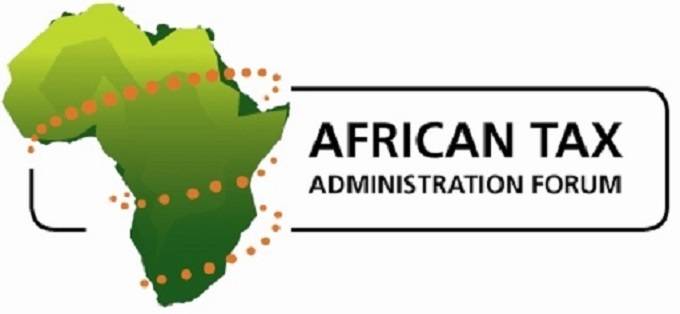Tax policy bias against women hinder domestic revenue mobilisation

Prosper Ndlovu, Business Editor
AFRICAN governments should invest more tax revenue towards provision of socio-economic infrastructure that enhances women’s contribution to mainstream economy and taxation by alleviating their involvement in provision of unpaid home care, the African Tax Administration Forum (ATAF) has said.
The call comes on the back of growing concerns over gender inequality in the continent and how gaps in provision of infrastructures such as clean portable water, affordable quality healthcare and education, among others, are limiting the economic potential of women.
Gender advocates believe that removing such burden from women would enlarge opportunity for their participation in other profitable economic activities and self-actualisation, which will further widen the tax base for the continent.
The need to mainstream gender was topical during the recent virtual ATAF High-Level Dialogue, which sought to tackle salient tax issues affecting Africa while building a nexus between tax policy and tax administrators.
The meeting identified gender inequality, unfairness and injustice as one of the primary challenges of the tax responses to Covid-19. It was highlighted that since women make up about 70 percent of the health sector workforce and the majority of informal sector operators, they were the most affected by the pandemic.
However, the gathering noted that only five measures out of about 245 measures adopted to mitigate the impact of Covid-19 by 44 African countries had gender-based considerations. Subsequently, participants at the high-level indaba stated that explicit and implicit biases of public policy, tax policy and administration measures on gender should always be considered and duly addressed.
“Participants urged policy makers and tax administrators to address explicit biases towards women in tax policy and administration measures.
“One of such biases is the in the filing of personal income taxes like the need to provide proof of a dependent husband for women where the woman is the sole or primary provider for the family. Also, tax credits, reliefs and cash transfers should accrue equally to all genders as an individual or joint filer,” reads part of the conference outcome statement.
“Participants agreed that steps are needed to eliminate explicit gender discrimination in the area of taxation. Also, more focus needs to be placed on tax policy development and tax administration with a gender-focused lens. As Africa, there are some excellent lessons on the continent, and we should build on this towards reaching SDG 5.”
The meeting further noted that the implicit biases of indirect taxes and informal sector presumptive taxes tend to impact women unfavourably and should be addressed to ameliorate the disproportionate or unbalanced impact on women.
Women bear the burden of indirect taxes, especially consumption taxes, said ATAF, adding that presumptive taxes were highly implementable at markets and places with physical business spaces, which are mostly operated by women.
“Thus, the economic impact on women of taxing the informal sector should be duly considered and addressed. Rather than expand the tax burden on the informal sector, efficiency gains should be made on the administration of personal income tax, property tax and taxes on the wealthy,” said the regional tax body.
Participants also pointed out the need for African countries to have gender-segregated data saying this will facilitate better-informed policy decision making that is not unduly gender-biased. It was also highlighted that revenue administrations need to invest more resources in tax engagement and education for women considering that there are literacy and other limitations to women’s access to information in Africa.
Meanwhile, revenue authorities have also been urged to deploy and sustain human resource management and development frameworks that provide women with an equal opportunity with regards to recruitment, career paths and career progression.
This includes implementation of diversity, inclusion and equity programmes that educate internal and external stakeholders for revenue authorities on explicit and implicit gender biases that may hinder the equal participation of women in the tax policy making and tax administration.







Comments